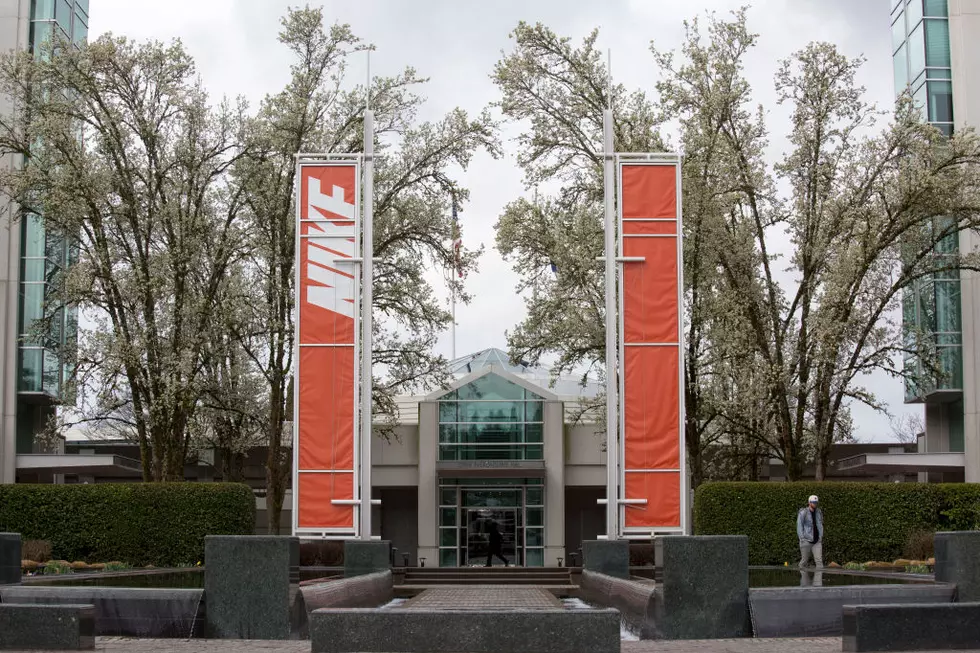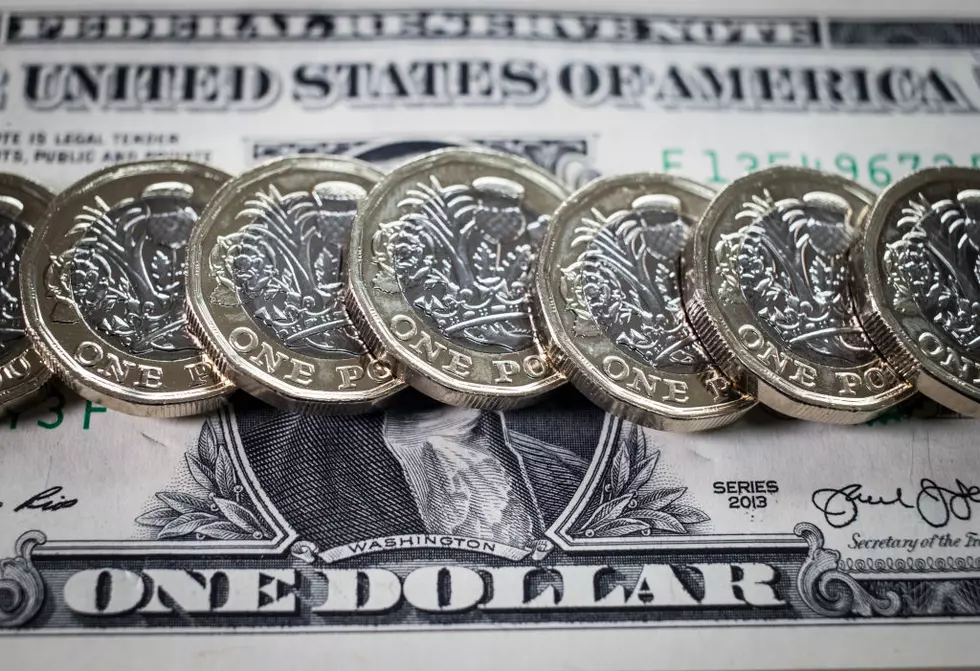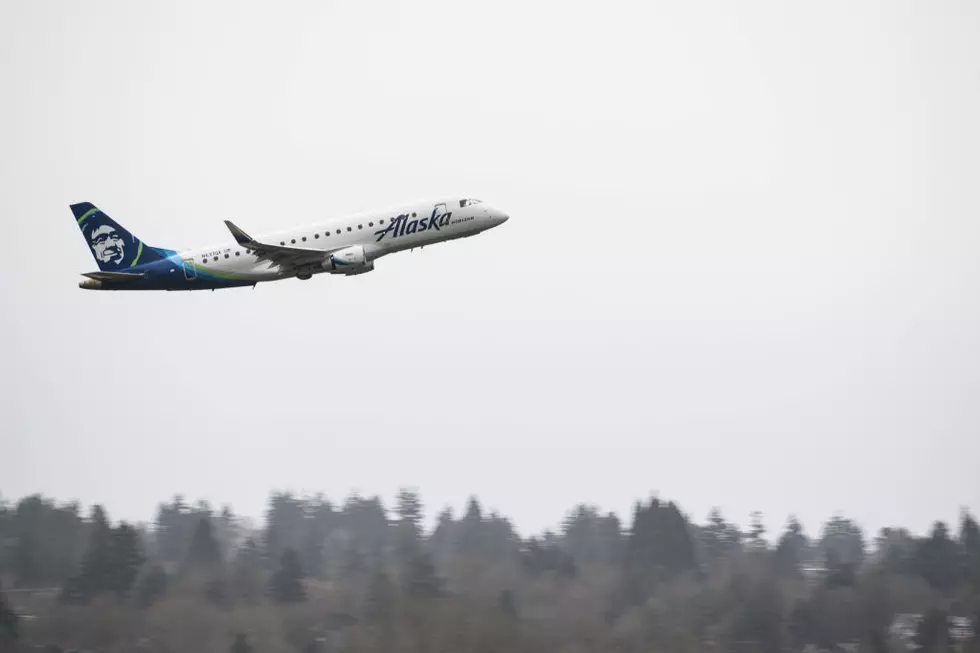
The Battle For the CPB-Felt in Washington?
Six new bills are being considered and debated in Washington D.C. over pulling or eliminating funding for the Corporation For Public Broadcasting, which includes National Public Radio, as Congress tries to cut spending.
The two schools of thought: CPB provides significant quality news and family programming, as well as the arts. Josh Stearns of the Free Press Action Fund claims shutting down the CPB would be a threat to First Amendment Rights. (What Stearns doesn't tell you is that the Free Press Action Fund is actually comprised of a series of current and former NPR journalists, and members of women's activist and political activist groups--most of whom lean heavily left.) However, while such great shows as Sesame Street and others have come from PBS under the CPB, it is the political-news realm where it has come under fire. Most NPR, or National Public Radio stances favor heavily the Obama administration, and it's handling of the Juan Williams situation was appalling. But the REAL crux here is, does the government have a place in subsidizing the media? Many now in Congress are equating supporting the CPB as bailing out Chrysler and GM. And millions of dollars could be saved by cutting the CPB entirely or at least in part.
How does it affect Washington State? Many NPR stations are tied to state or public university systems, hence KWSU in Pullman, KUOW in Seattle. With budget cuts looming for WSU, NPR funding could be on the chopping block.
Opponents of funding the CPB point out over the last five years a plethora of news and media sources have arisen on the internet, from Fox News, to CNN, to Drudge, Huffington Post; many found on both sides of the spectrum, and this vast amount of information renders the CPB and NPR irrelevant. Supporters of CPB and NPR claim their non-profit non-commercial status allows them freedom to present wider varieties of news and information. As for funding, $1.30 of taxpayer money is spent for every citizen in the US on the CPB. In Britain, for the BBC, it's about $35 per person annually. The last time the CPB faced an assault of this nature it was 1994, but now the stakes are higher, as the nation looks for ways to cut spending by what it views as an out of control government.
More From 870 AM KFLD









